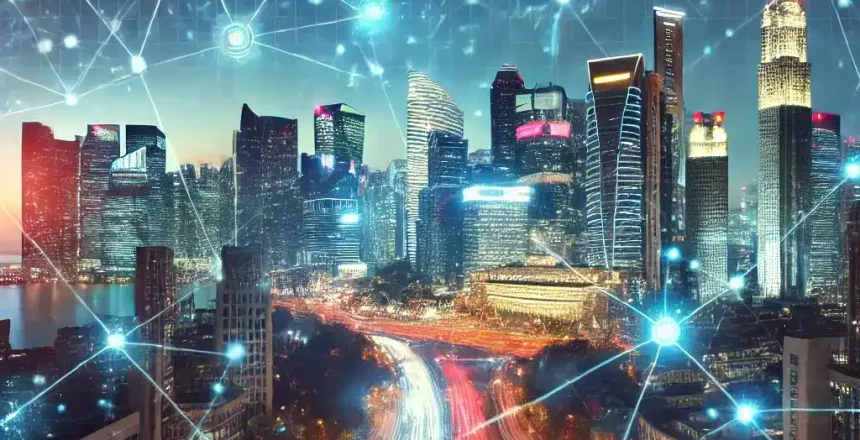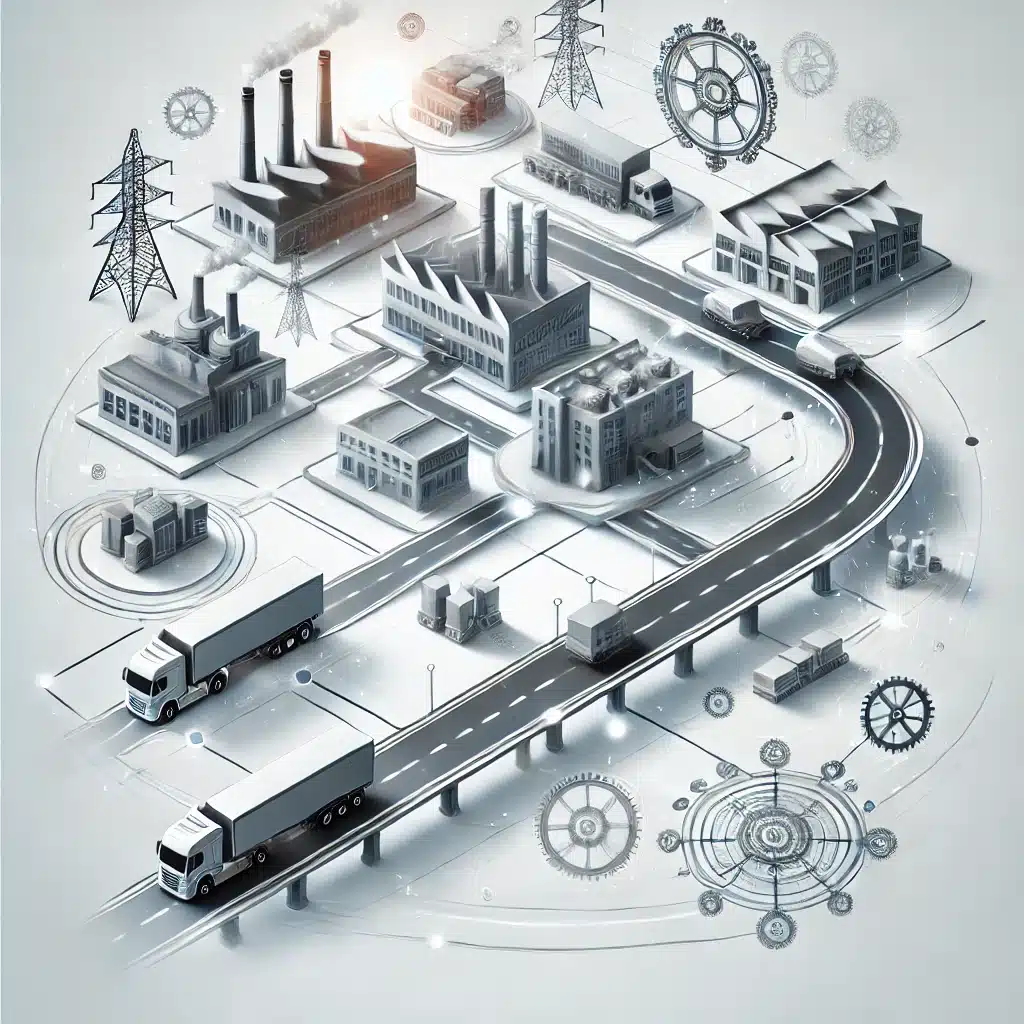The realm of network technology is undergoing a significant transformation, propelled by the rapid advancements in Artificial Intelligence (AI). AI in networking will revolutionize the way we manage, secure, and optimize network infrastructures.
By integrating AI, networks are becoming more adaptive, responsive, and efficient, capable of handling increasing amounts of data with greater precision.
This integration promises not only to enhance current operations but also to innovate processes that have remained static for years, paving the way for autonomous network systems that can self-repair, self-optimize, and even predict future challenges.
This article explores how AI is revolutionizing network technologies, offering unprecedented efficiencies and capabilities.
AI-Driven Network Optimization and Automation
AI’s most immediate impact on network technology is its ability to optimize and automate processes. Traditional network management tasks, which often require human intervention and are prone to error, are being overtaken by AI algorithms capable of analyzing vast amounts of data in real-time.
For instance, AI can predict traffic flows and dynamically adjust bandwidth, ensuring optimal performance without human oversight. This not only reduces operational costs but also improves service quality, presenting a win-win scenario for providers and users alike.
Enhanced Security with Intelligent Threat Detection
Cybersecurity is a critical concern for any network, and AI is significantly enhancing the tools at our disposal. By employing machine learning models, networks can now detect and respond to anomalies in real-time.
These AI systems learn from historical data to identify patterns indicative of potential threats, such as DDoS attacks or data breaches, allowing for preemptive action.
This proactive approach to security not only mitigates risks but also evolves in response to new threats, ensuring robust protection in a perpetually changing landscape.
Predictive Maintenance through AI
Network downtime can be costly and disruptive. AI aids in predictive maintenance, analyzing operational data to predict and address potential failures before they occur.
By identifying equipment that is likely to fail and scheduling timely maintenance, AI helps maintain continuous service availability and extends the lifespan of hardware.
This predictive capability is crucial for maintaining the reliability of both telecommunications and enterprise networks.
AI in 5G and Beyond
The deployment of 5G technology is a testament to how integral AI is in modern network infrastructures.
AI algorithms optimize network traffic routing and management in real-time, facilitating the ultra-low latency and high throughput required by next-generation applications like autonomous vehicles and virtual reality.
Moreover, as we edge closer to 6G and beyond, AI’s role becomes even more central, driving innovations such as network slicing and energy efficiency.
Facilitating Smart Cities and IoT
AI is a key enabler in the integration of Internet of Things (IoT) devices within smart cities.
By processing data from millions of devices, AI helps optimize traffic systems, energy use, and emergency services in urban areas.
This not only enhances efficiency but also improves the quality of life for residents and reduces the environmental impact of cities.
Challenges and Ethical Considerations
Despite these benefits, the integration of AI in network technologies is not without challenges. Issues such as data privacy, algorithmic bias, and job displacement need to be addressed.
Ensuring that AI systems are transparent and ethically aligned with societal values is crucial to their acceptance and effectiveness.
Conclusion
AI is not merely an auxiliary component in the realm of network technologies; it is swiftly becoming the cornerstone that supports networks which are not only more resilient and efficient but also profoundly intelligent.
From enhancing automation and bolstering security to enabling the seamless operation of pioneering applications such as 5G, AI in networking stands at the vanguard of today’s technological evolution.
Looking ahead, the ongoing advancements in AI are set to usher in even more groundbreaking changes, signaling the onset of a new era in network technology. This future is not merely about connectivity—it’s about crafting networks that are smarter, more integrated, and inherently secure, truly epitomizing the intelligent potential of AI in networking.
Interested in Network technologies? Explore the Top 5 Networking Technologies in 2024!








